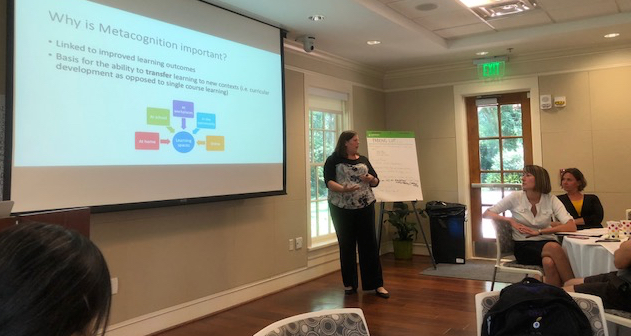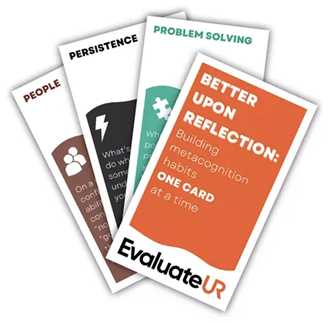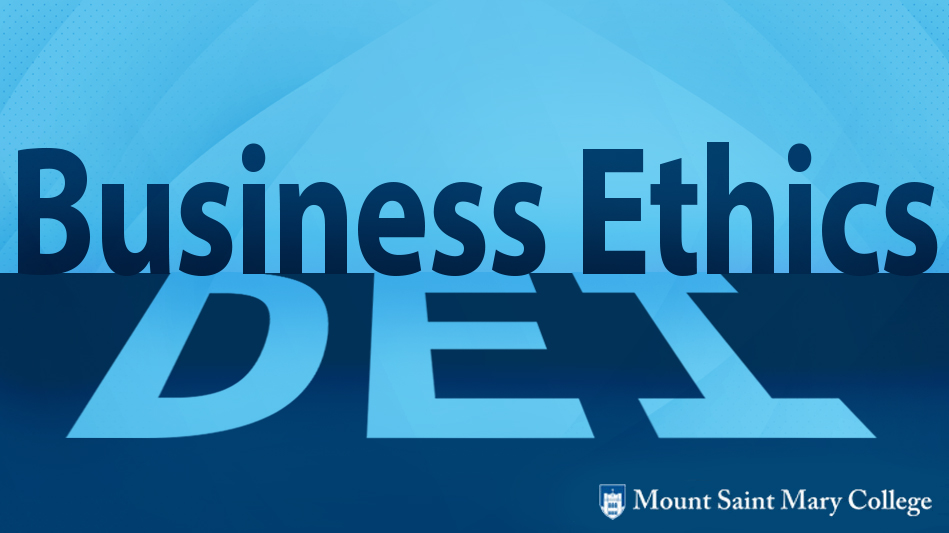By Lindsay Doukopoulos, Assistant Director of the Biggio Center for the Enhancement of Teaching and Learning at Auburn University, and blog mini-series editor.
Much of the literature on metacognition focuses on strategies that faculty can use to improve metacognitive skills in their students and the benefits of such skills. Our mini-series tackles a different kind of problem: how can a department redesign its curriculum to improve metacognition for all students and how will it know if improvement has actually occurred? We believe our efforts can inform others across a variety of disciplines.
Our answer to this question takes the form of a case study in five parts about our collaborative and ongoing efforts to redesign the Department of Biological Sciences’ undergraduate curriculum and program assessment with a goal of improving metacognition for its students and demonstrating that improvement with data. We use a narrative structure to present the key inflection points in this process as well as lessons learned and best practices from our diverse perspectives.
Our collaborators include: Associate Dean for Academic Affairs for the College of Sciences and Mathematics, Bob Boyd (also a Biological Sciences professor and formerly the department’s Undergraduate Program Officer); Associate Director of Academic Assessment, Katie Boyd; Associate Director of the Office of University Writing, Chris Basgier; Chair of the Department of Biological Sciences, Scott Santos; and Assistant Director of the Biggio Center for the Enhancement of Teaching and Learning, Lindsay Doukopoulos.
This timeline provides an overview of our efforts while our individual posts go into more detail about specific strategies and outcomes:
Ideation:
June 2016: Department leaders attend PULSE Institute and decide to make metacognition a student learning outcome (SLO) for all undergraduate programs the Department of Biological Sciences (hereafter, Biology)
May 2017: Program assessment reports at this time include only two student learning outcomes (metacognition not one of them) for each of the three undergraduate programs in Biology
August 2017: Faculty retreat led by NSF Vision & Change experts introducing metacognitive teaching strategies
Commitment:
October 2017: Learning Improvement Initiative launched by Biggio Center and Office of Academic Assessment: Biology proposes to improve SLO 6 – Metacognition
Spring 2018: Biology’s curriculum committee develops a plan for improvement and creates an ideal (“aspirational”) curriculum map to share at the 2018 fall faculty retreat

Conflict:
August 2018: Faculty retreat, aka “Metacognition Massacre” – widespread faculty rejection of the metacognition SLO on the curriculum map
A New Approach:
Fall 2018: A three-part workshop series created by Office of University Writing (OUW) and the Biggio Center leads faculty to redefine the metacognition SLO and introduces strategies to support faculty teaching
Turning Point:
December 2018: Outcomes of the workshop series, including the new definition of SLO 6, are presented at a faculty meeting and the faculty vote to approve the new definition
Assessing Metacognition:
January – April 2018: Office of Academic Assessment and the Biggio Center lead Biology’s curriculum committee in creating a metacognitive questionnaire for graduating students and a rubric to assess the level of metacognition evidenced in the responses
Improving Metacognition:
Summer 2019: Biology invests in comprehensive strategy to promote metacognition across the curriculum using ePortfolios and several faculty participate in an intensive course redesign program
What now?
Fall 2019: OUW and Biggio provide ongoing support of teaching interventions to improve metacognition; Office of Academic Assessment provides ongoing support of the assessment of this work
What’s next?
Spring 2020: Gather baseline data on graduates’ metacognitive capabilities Goals: Based on our efforts and an ongoing collection of data, we expect to see increases in students’ metacognitive abilities over time



